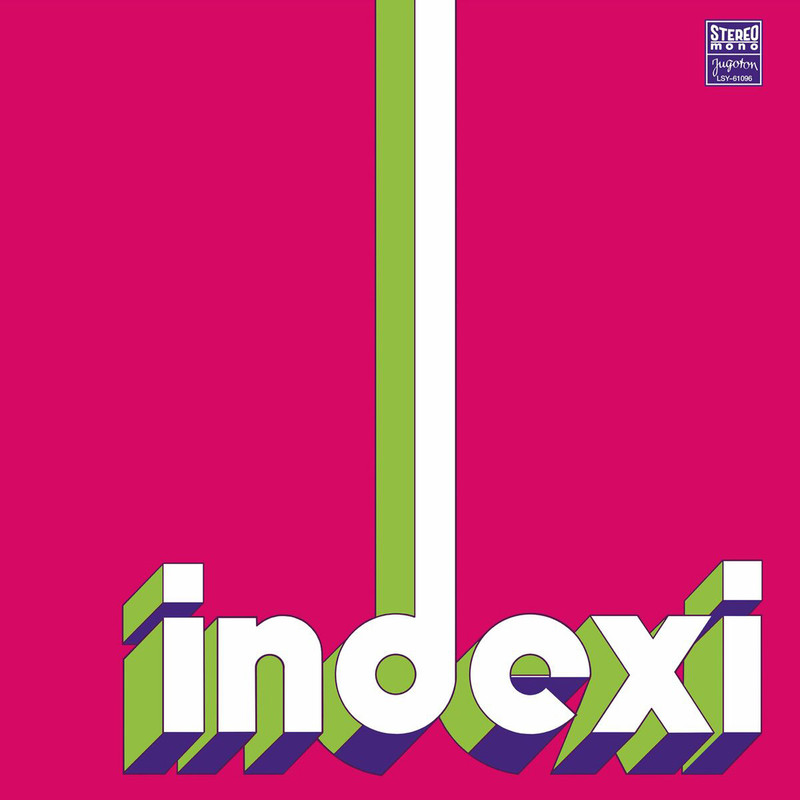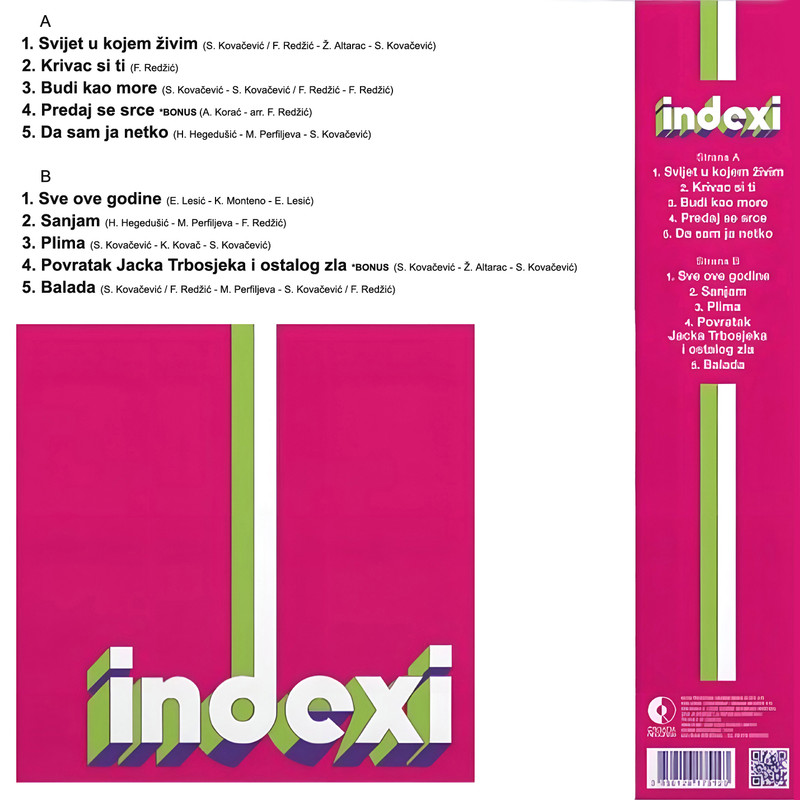utorak, 27. siječnja 2026.
ponedjeljak, 26. siječnja 2026.
INDEXI - Plima (1972) EP
At the beginning of the 70's INDEXI toured extensively and played at many pop festivals, making plans at the same time for recording their first LP album. Producers in the phonographic companies, however, insisted on their making hit-singles only. In this period they played in Soviet Union, Poland and Bulgaria in addition to frequent concert performances across former Yugoslavia. This is their fourth EP from 1972. (from exyupoprockmadness)
nedjelja, 25. siječnja 2026.
subota, 24. siječnja 2026.
petak, 23. siječnja 2026.
četvrtak, 22. siječnja 2026.
srijeda, 21. siječnja 2026.
utorak, 20. siječnja 2026.
ponedjeljak, 19. siječnja 2026.
nedjelja, 18. siječnja 2026.
Pretplati se na:
Komentari (Atom)








































